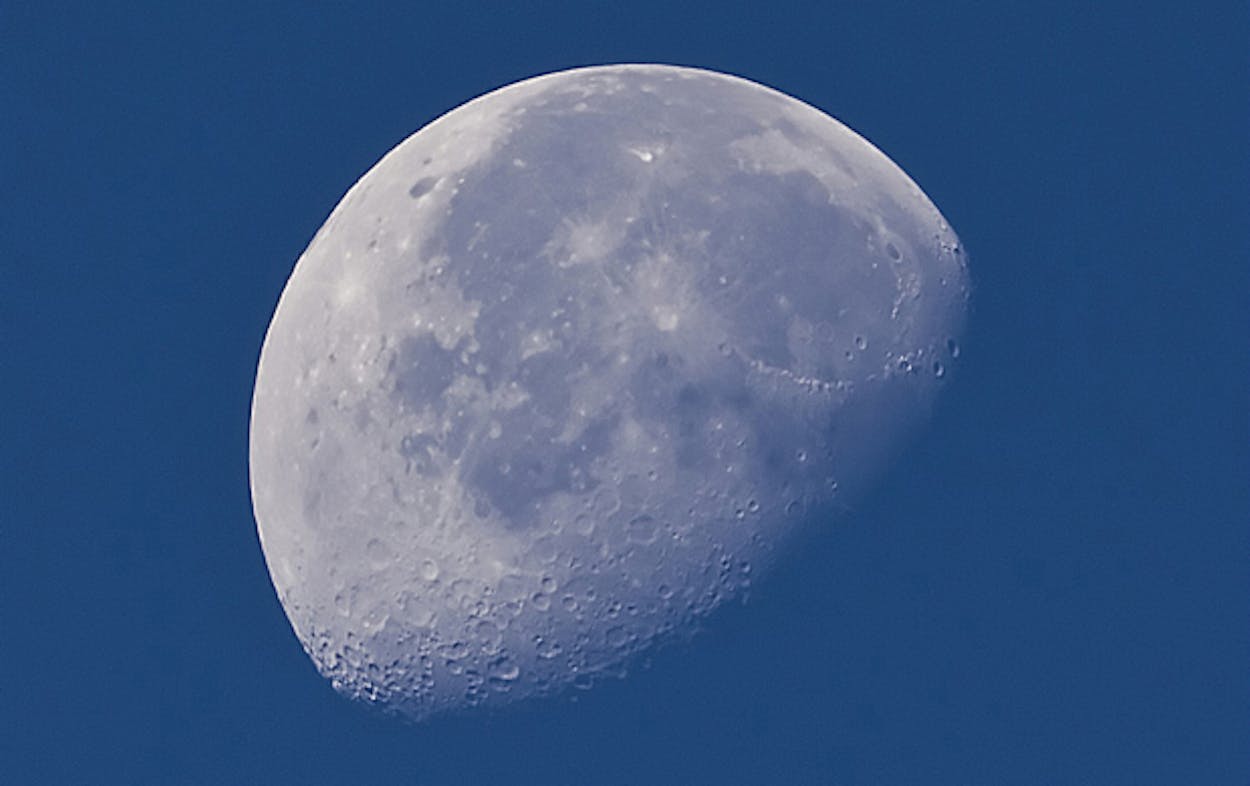At an auction in November, a collector scooped up the checklist James Lovell used to calculate his crippled orbiter’s reentry to earth for a cool $388,375. But NASA wasn’t too pleased about the sale, and called a meeting at the agency’s D.C. headquarters with Apollo 13 commander Lovell and other astronauts who recently put items on the auction block to discuss the ownership of space memorabilia in their possession.
Space.com’s Robert Z. Pearlman reported that NASA Administrator Charles Bolden met with Lovell, Apollo 9 astronaut Rusty Schweickart, and other astronauts to determine whether the space cowboys owned the checklist and other items sold by Dallas-based Heritage Auctions. Mostly it came down to a matter of money: NASA questioned whether astronauts should reap a profit off items that were purchased with American tax dollars.
“These are American heroes, fellow astronauts, and personal friends who have acted in good faith,” Bolden said of the astronauts assembled at the meeting. “We have committed to work together to find the right policy and legal paths forward to address outstanding ownership questions.”
NASA Deputy Chief Counsel Donna M. Shafer told Heritage Auctions the agency’s records did not indicate the property was the astronauts’ to sell, the Associated Press reported. “Only NASA has the authority to clear NASA property for sale,” Shafer said in an email to the auction house, adding that “there is potential risk of the items being seized by the government until title issues have been resolved.”
The 77-page checklist is among many tokens Lovell took home with him from the space program. He had donated many of those artifacts to the Adler Planetarium in Chicago in 2005, Robert Pearlman, the editor of CollectSpace.com, told NPR’s Audie Cornish. The checklist had been languishing on one of Lovell’s bookshelves since the Apollo 13 mission before it was put up for auction.
“Come on NASA, you know I love you dearly, but don’t be a dick,” implored Jesus Diaz at Gizmodo, who questioned the timing of the crackdown. “Let’s draw the line somewhere sane. After all, these guys are Heroes. … They may have reached the stars and gotten the best ride of their lives paid by the United States government, but they risked their life on a daily basis and then risked it again on barely tested spacecraft that went into bloody space.”







